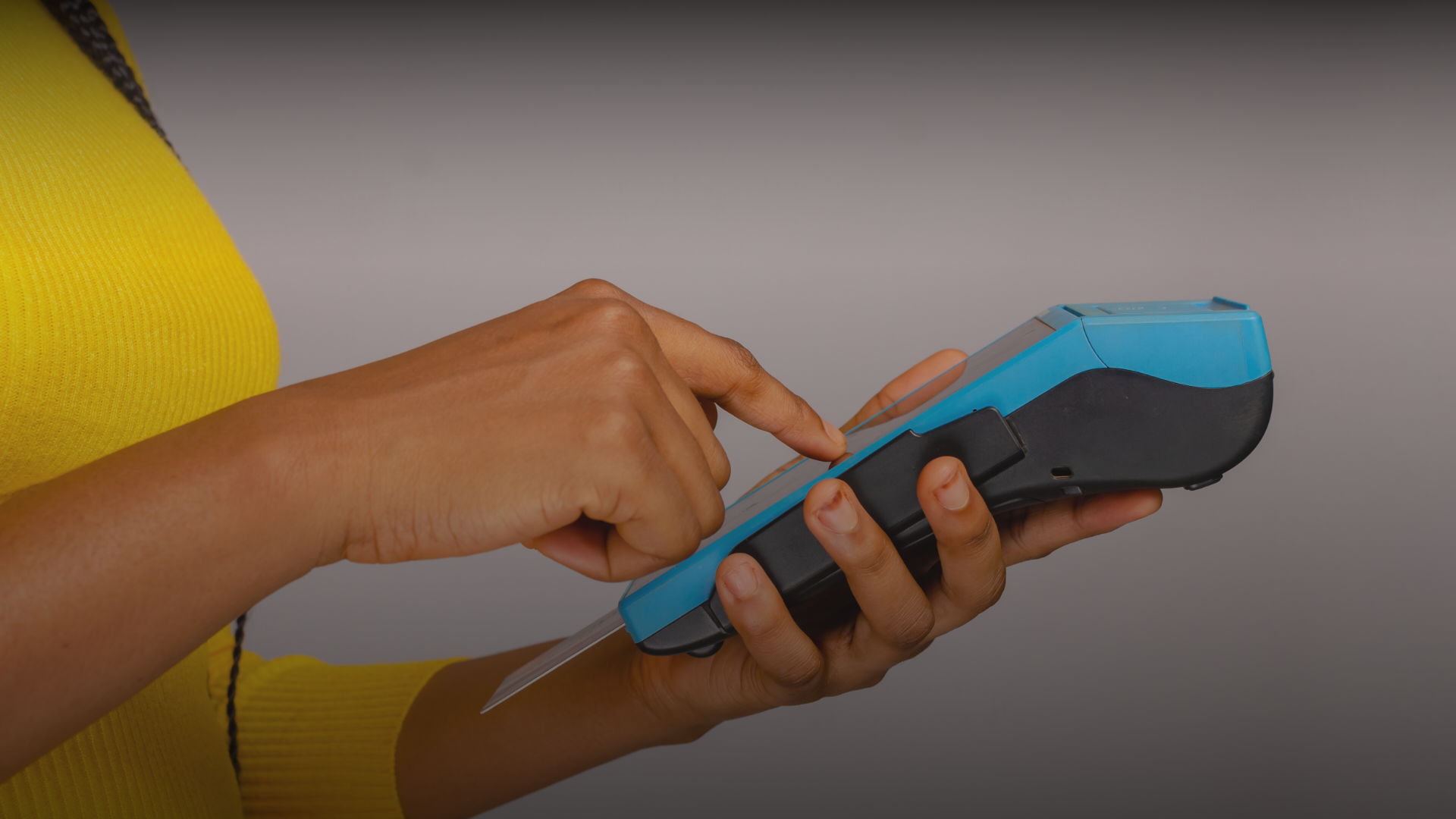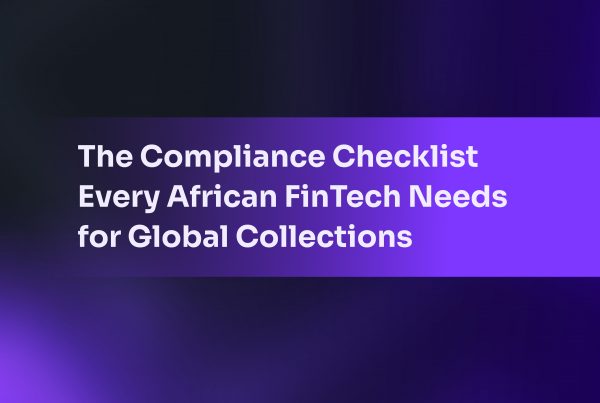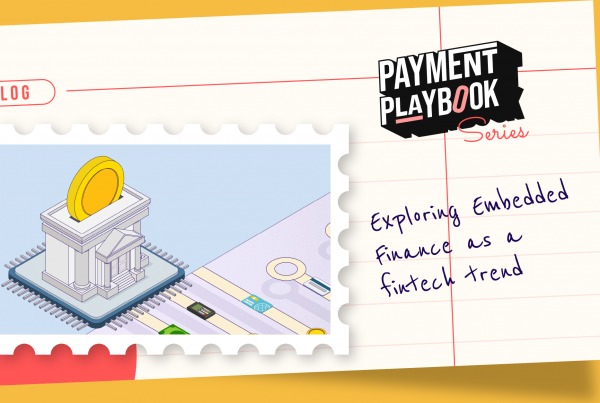The everyday use cases of POS and mPOS businesses in Nigeria are numerous. A neighbour once told me he had not visited a bank or ATM for any cash needs. He just visits one of the many POS businesses around to get cash. Many have tales of instances where POS businesses have been available where traditional banks do not cover to bail them when in urgent need of cash or other financial services.
These instances have been the basis for the need for this model of financial services. While the Central Bank of Nigeria (CBN) continues to drive the initiatives for a cashless economy, the infrastructure and technology needed to implement it have yet to be widespread.
This lack of spread means that many people have remained unbanked with no access to financial services. To include these unbanked, Agency Banking has since emerged as a strategy to improve financial inclusion in a less economically developed country like Nigeria. Since 2012 when CBN formally introduced the POS system and the Agency Banking model, this model of delivering financial services has grown tremendously.
Agency Banking is the model of delivering financial service to the last mile using human agent networks (third-party agents) who usually operate on behalf of a financial institution or a mobile money operator. These agents commonly use point-of-sale (POS) devices, which is why Agency Banking is the overarching term used to describe POS and mPOS businesses in Nigeria. POS systems help local debit cardholders withdraw money and pay for goods and services.
POS Businesses
The popular payment model of these POS businesses has brought banks to every corner store and street in Nigeria. Instead of visiting banks, people now go to these POS businesses to perform transactions.
Driven by the high unemployment rate, low financial inclusion and inconvenience associated with traditional banking services, POS businesses have become very popular among the middle and lower-class sections of the economy.
This business model serves as a source of employment for many while for others, it has simply replaced traditional banks and given them several alternatives.
Some POS businesses run this model as their primary source of income, others run it alongside their other businesses, mainly retail. From these stores, these businesses provide banking services, including cash deposits and withdrawals, fund transfers, bill payments, airtime recharge and other related services.
POS systems have been widely accepted in Nigeria; Apart from financial inclusion, this model of financial services also serves cash needs in Nigeria, where a lot of transactions are still cash-based. POS systems have also helped to facilitate the ease of doing business without carrying cash.
From Nigeria Interbank Settlement System’s (NIBSS) most recent data, the value of POS transactions jumped 39% to N8.03tn in 2022.
This data was aggregated between July 2021 and July 2022, surpassing the value of transactions between July 2020 and July 2021 estimated at N5.77tn. NIBSS also said July 2022 alone recorded the highest number of POS transactions registered at 2.067 million in just one month.
This data from NIBSS pulls data from all types of POS transactions from payment collections to ones from POS businesses. However, it still shows the incredible acceptance of this model of transactions.
How POS Businesses operate
One of the reasons for the widespread adoption of the POS business is that it’s easy to set up. Becoming an agent is relatively easy.
All an agent needs is a location that can generate human traffic, and acquire a POS terminal from a bank, Mobile Money Operator (MMO) or a financial institution. A super agent can get on board with Fincra and recruit agents to transact.
Types of POS devices
POS systems help local debit cardholders withdraw money and pay for goods and services and utility bills. The POS operator inserts the debit card into the terminal and asks the customers to enter their four-digit PIN to authorise the transaction.
The terminal completes the transaction using mobile data and prints a confirmation receipt. The receipt can either be a ‘declined’ or a ‘completed’ transaction.
mPOS
The mini POS devices are different from the traditional POS machines, the most common ones. Mini POS devices are small and look like a calculator with a few buttons and a narrow display screen. It can only perform basic POS functions and always has to connect via Bluetooth to an internet-enabled smartphone.
For mPOS devices, transaction details are entered through an mPOS app while the customers enters their PIN on the POS.
There’s also the Android POS which looks like a smartphone. It can perform all the functions of a traditional POS but is more sophisticated. It shows notifications, allows app installation and scans barcodes.
Its higher sophistication is because it runs on a powerful Operating System, and has 4G network capability. All of these make it processes transactions faster.
Setting up a POS business
POS businesses have been impactful; their invention has served as an employment opportunity for unemployed Nigerians and has given many a source of income.
Agents earn money from commissions from transactions. Typically, cash withdrawal via a POS costs about N100 for every N5000.
These agents share these commissions in a suitable sharing formula with their super agents and financial institutions.
How Fincra comes in
To further give access to financial services across Nigeria, there is further need for infrastructure to make it easier for people and businesses to build agent networks. This is where Fincra comes in.
Fincra has a Whitelabel Agency Banking solution that lets businesses kickstart their POS business. Merchants can build an agent network that is well-equipped to help customers withdraw cash, deposit cash, perform bill payments and more, all from a POS within one week.
With this solution, merchants can provide end users with cash-in and cash-out services, bill payment services, and an ever-increasing list of Agency Banking functionality. It’s free to be fully set up with a platform to build and manage your agent network on Fincra.
Fincra’s Agency Banking solutions include Agent Mobile and Web App, where onboarded agents can perform all transactions using Fincra-powered POS devices or via a dedicated web dashboard. This is easy to set up without code.There is also the Partner/Aggregator dashboard, which allows a super agent to quickly onboard and manage their sub-agent.
The solution also includes the Settlement and Reconciliation Dashboard, where merchants can access real-time data from third-party systems.
Then there’s the Administrative Platform which handles all your Agency Banking back office operations.
Fincra offers this solution in three partnership models.
- The Shared Model
Here, Fincra runs the model, allowing customers to share our infrastructure. With this model, Fincra provides the customer with bill payment, transfer, cash out and airtime. -
White Labelled Model
In this model, a customer integrates their existing banking system and infrastructure into our platform. This model is suitable for banks.
-
API Model
With this model, fintechs can use our API to power Agency Banking infrastructure.
Conclusion
The benefits of POS businesses are numerous, and there remain massive opportunities in that sector as the economy and financial activities continue to expand across the country.
Businesses looking to get into POS businesses can count on Fincra to help set up and manage their business.
Could you speak to us today on how to get started?




